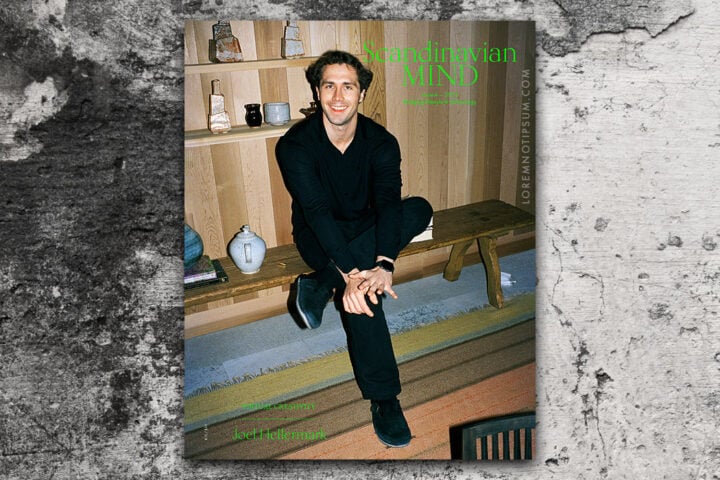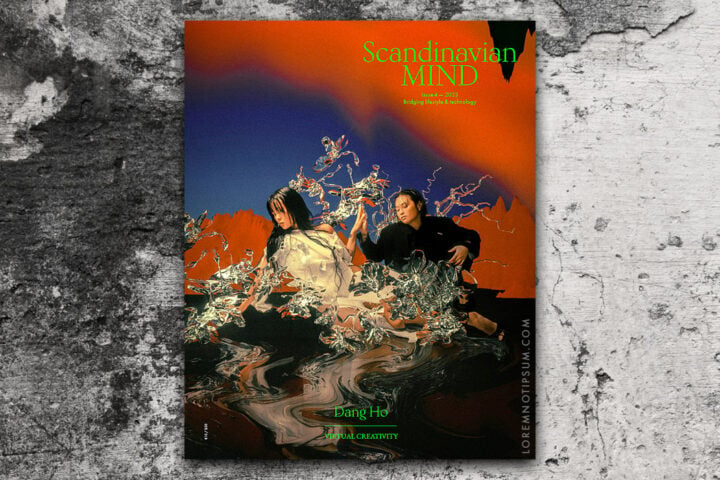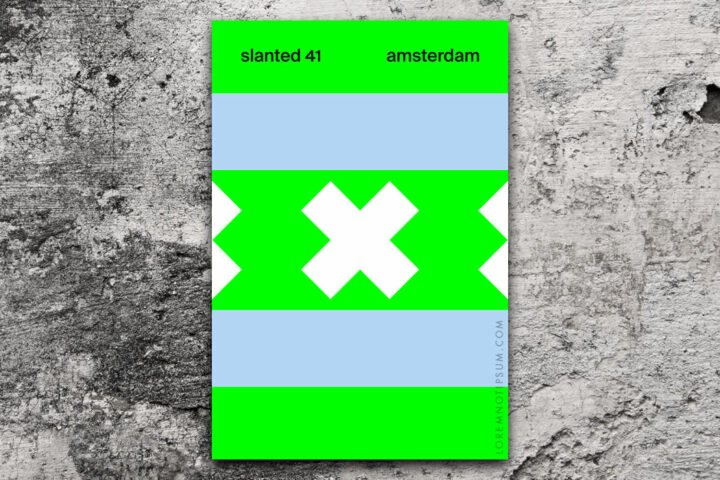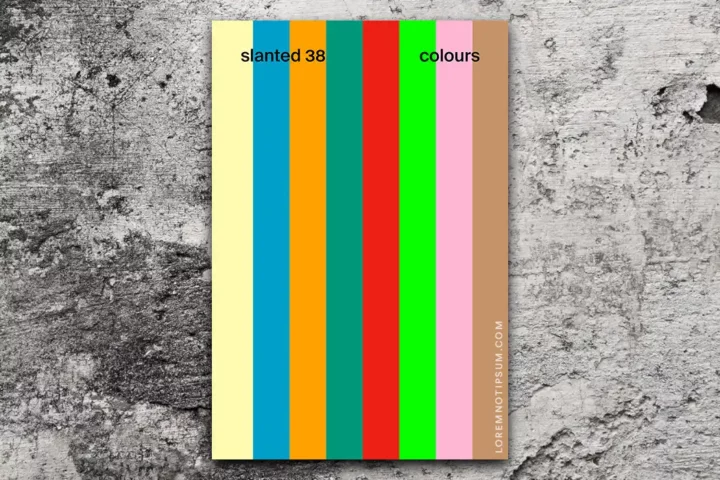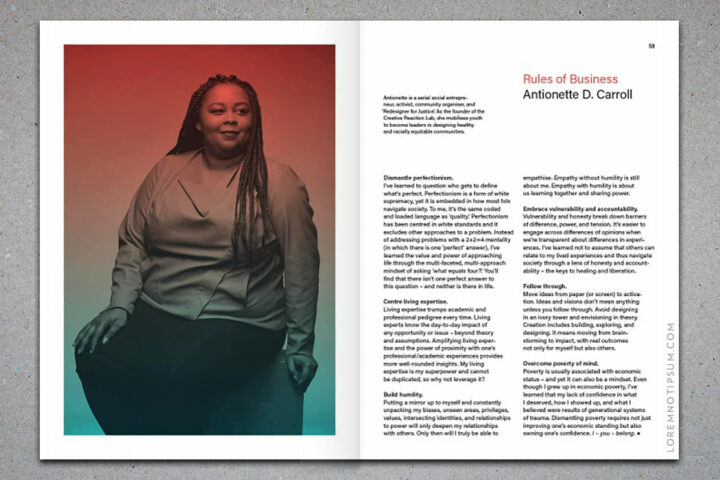Digital Culture
Digital Culture
dig·i·tal | Digital culture, or Internet culture, or cyberculture, is the culture that has emerged, or is emerging, from the use of computer networks for communication, entertainment, and business. Internet culture or digital culture is also the study of various social phenomena associated with the Internet and other new forms of the network communication, such as online communities, online multi-player gaming, wearable computing, social gaming, social media, mobile apps, augmented reality, and texting, and includes issues related to identity, privacy, and network formation. Cyberculture is a wide social and cultural movement closely linked to advanced information science and information technology, their emergence, development and rise to social and cultural prominence between the 1960s and the 1990s. Cyberculture was influenced at its genesis by those early users of the internet, frequently including the architects of the original project. These individuals were often guided in their actions by the hacker ethic. While early cyberculture was based on a small cultural sample, and its ideals, the modern cyberculture is a much more diverse group of users and the ideals that they espouse. — Wikipedia
-
Architecture · Art · Digital Culture · Fashion
Scandinavian MIND – Issue 4
Scandinavian MIND Issue 4 is here. The fourth print issue explores the impact of technology on storytelling, creativity, and learning. Issue 4 features Dang Ho and Joel Hellermark.CHF 24.00 (incl. VAT) Sold out -
Culture · Design · Digital Culture
Deem Journal – Issue 4
CHF 28.00 (incl. VAT) Sold outDeem Journal Issue 4 (A Sense of Place) is available now on loremnotipsum.com. For Issue Four, “A Sense of Place,” we reexamine the meaning of place, and its making, while considering the emergence of new social landscapes, spaces, and needs.
-
Design · Digital Culture
Slanted Magazine Issue 41 (Amsterdam)
Slanted Magazine Issue 41 (Amsterdam) is here. The Slanted team went to Amsterdam to check out the design scene and fell for the charm of the city’s century-old “bruine kroegen” (brown cafes). Seeking refuge after bike rides to design studios, they were quickly won over by the cozy ambiance, dark wood, old-fashioned decor, and the aroma of fried croquettes.CHF 27.00 (incl. VAT) Sold out -
Architecture · Art · Digital Culture · Fashion
Scandinavian MIND – Issue 3
Scandinavian MIND Issue 3 is available now on loremnotipsum.com. The third print issue of Scandinavian MIND tests the water of the metaverse, to find out what makes it human. Delve into content on virtual fashion leaders, pioneering Nordic fashion-tech startups, digital make-up artistry, and an abundance of other topics that bridge lifestyle and technology.CHF 19.20CHF 24.00 (incl. VAT)(incl. VAT)In stock -
Design · Digital Culture
Slanted Magazine Issue 39 (Stockholm)
Slanted Magazine Issue 39 (Stockholm) is available now on loremnotipsum.com. If you just think of IKEA, Greta, Abba, Sylvia, and Björn Borg or red wooden horses when you think of Sweden, you're far off. In the summer of 2021, the Slanted team travelled to Stockholm to take a close look at the contemporary design scene.CHF 27.00 (incl. VAT) Sold out -
Culture · Design · Digital Culture
Deem Journal – Issue 3
Deem Journal Issue 3 (Envisioning Equity) is here. We bring together a range of perspectives on designing for difference. Deem Journal is a biannual print publication and online platform focused on design as social practice.CHF 28.00 (incl. VAT)2 items in stock -
Culture · Design · Digital Culture
Deem Journal – Issue 2
Deem Journal Issue 2 (Pedagogy for a New World) is here and is examining the role of design in the ways we produce and share knowledge. Issue Two is led by a conversation between artist, architect, and community organizer Lauren Halsey and Deem editors Alice Grandoit-Šutka and Isabel Flower. The story investigates architecture and the power of place, the importance of community autonomy, and how Halsey’s goals as an artist have manifested in the Summaeverythang community center in South Central, Los Angeles.CHF 22.40CHF 28.00 (incl. VAT)(incl. VAT)2 items in stock -
Architecture · Art · Digital Culture · Fashion
Scandinavian MIND – Issue 2
Scandinavian MIND Issue 2 is available now on loremnotipsum.com. The second print issue of Scandinavian MIND probes deep into the ways technology is changing our way of living. From everyday objects to epic art installations, from furniture to flying cars. Featuring on the cover: Isabelle Olsson and Jacob Felländer.CHF 19.20CHF 24.00 (incl. VAT)(incl. VAT)2 items in stock -
Design · Digital Culture
Slanted Magazine Issue 38 (Colours)
Slanted Magazine Issue 38 (Colours) is here. It celebrates happiness, joy of life, power, symbolism, and the meaning of color. We look for contrast, colorful typography, gradients, fun, chaos, shock. We celebrate art, illustration, fashion, photography—but most of all we look for strong, meaningful graphic design though in a colorful way.CHF 27.00 (incl. VAT) Sold out -
Design · Digital Culture
Slanted Magazine Issue 37 (AI)
Slanted Magazine Issue 37 (AI) is available now on loremnotipsum.com. Issue 37 is about the impact of Artificial Intelligence on design and how these technologies can change our lives! Artificial Intelligence (A.I.) has become—besides being an over-hyped buzzword across industries (that the design world is no exception to)—a reality. We debate about the impacts of A.I. and its subsets, machine and deep learning, and consider everything from virtual to augmented realities, and how these technologies may change our lives, jobs, and social relationships altogether.CHF 25.00 (incl. VAT) Sold out -
Design · Digital Culture
Offscreen Magazine – Issue 24
Offscreen Magazine Issue 24 is available now on loremnotipsum.com. Issue 24 features interviews with Ali Alkhatib, Jutta Treviranus, Xiaowei Wang, Jillian C. York and many more.CHF 23.00 (incl. VAT) Sold out -
Architecture · Art · Digital Culture · Fashion
Scandinavian MIND – Issue 1
Scandinavian MIND Issue 1 (Transformation) is available now on loremnotipsum.com. The theme for the first print issue is TRANSFORMATION, specifically covering the need for transformation in the worlds of art, design, fashion, entertainment, and technology.CHF 24.00 (incl. VAT) Sold out
